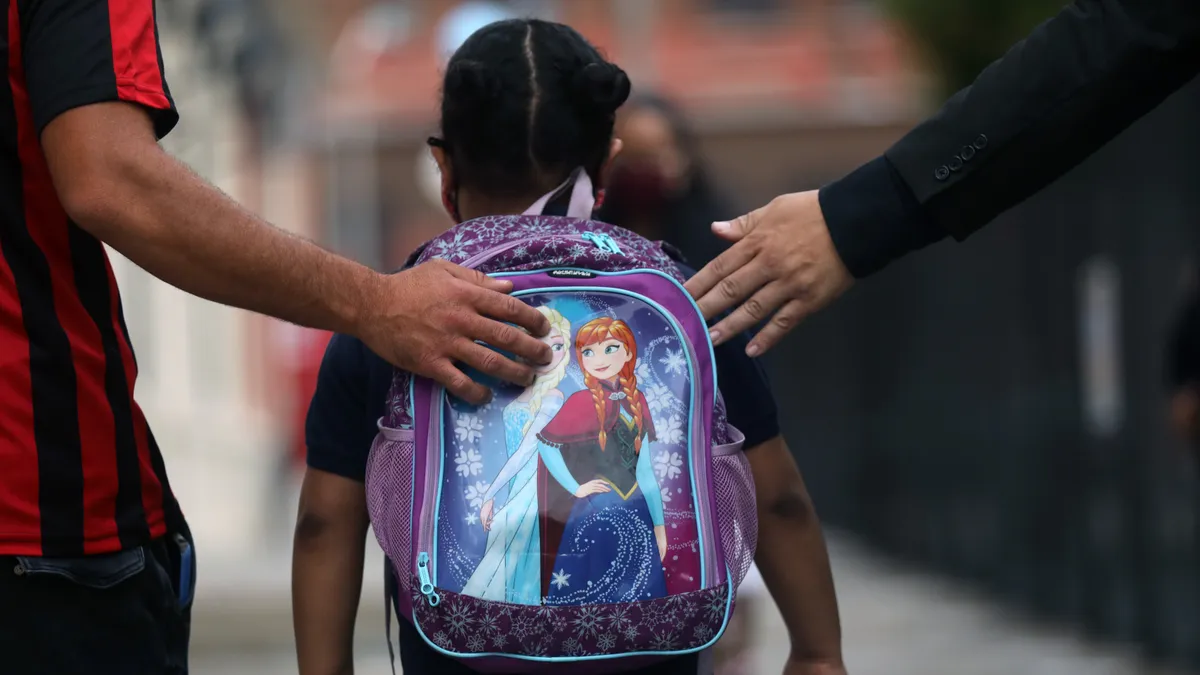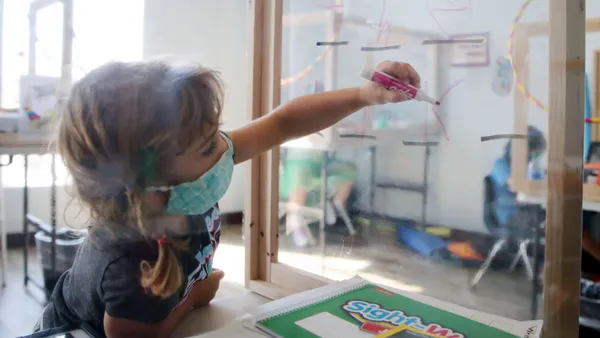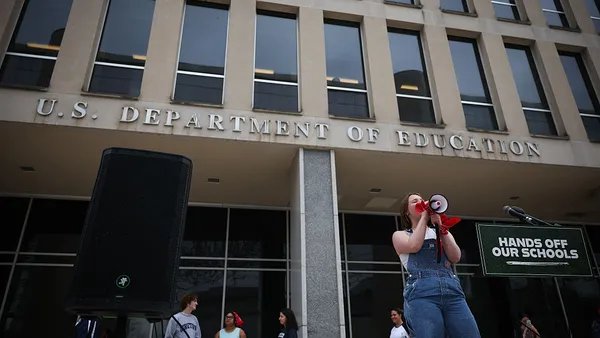Dive Brief:
- The U.S. Department of Health and Human Services on Friday pledged $85 million in funding to address growing mental healthcare demands for children and teens.
- Of those investments, $10.7 million are American Rescue Plan funds that will go to the Pediatric Mental Health Care Access Program, which trains primary care providers to treat children for mental health issues or refer them to another provider. The other $74.2 million comes in the form of grants from the Substance Abuse and Mental Health Services Administration, for programs that raise awareness about youth mental health issues and train school staff to identify those at-risk.
- Some $54.3 million of the SAMHSA funds will be used for Project AWARE grants for local and state governments to fund programs to raise awareness of the mental health issues of youth, while $19.8 million will be awarded to 11 recipients through the Children’s Mental Health Initiative to finance community-based services for teens and children with serious behavioral health problems.
Dive Insight:
Since the start of the pandemic, there has been a 31% increase in the proportion of mental health-related emergency rooms visits in youth ages 12 to 17, according to the Centers for Disease Control and Prevention. More youth are also reporting increases in depression, anxiety and stress, according to a YouthTruth survey.
Students also say those mental health issues are impacting their ability to learn. The percentage reporting mental health being a barrier to learning rose from 39% in spring 2020 to 49% in spring 2021. Meanwhile, fewer students feel they have someone to talk to as the pandemic wears on. The rate of students who feel they have emotional support from a trusted adult dropped from 46% to 39% over the same period.
These issues highlight the need for continuing social-emotional learning practices and mental health support, especially as students return to full-time, in-person learning.
Among districts that have detailed plans for this, Chicago Public Schools has announced it will invest $24 million of its federal COVID-19 relief funds over the course of three years to increase the number of behavioral support teams from 200 schools to about 500. The initiative will embed in-school teams of counselors, case managers and social workers to provide a trauma-informed approach to student support and discipline.
Education leaders in a virtual panel organized by the National Association of State Boards of Education in April suggested student mental supports should be prioritized when schools reopen for fall. State leaders should look at existing policies that can be used to assist superintendents and districts as students return to school. Many of those existing initiatives can be expanded in the wake of COVID-19, they say.
The panel also noted partnerships with parents, local universities and other resource centers are key in successfully implementing mental health initiatives.












